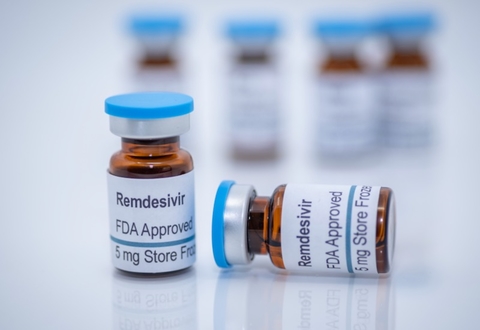This includes information on prevalence consequences risk factors and prevention and response strategies. Sexual abuse including forced.

Information is also provided on womens responses.

World health organization domestic violence. A priority public health issue in the Western Pacific Region We know that injury from violence of all kinds is a major contributor to the global burden of disease Murray Lopez 1996. Intimate partner and sexual violence can result in short- and long-term physical sexual and reproductive and mental health problems. One out of three women in the world experience physical or sexual violence in their lifetime according to the World Health Organization making it the most widespread but among the least reported.
World Health Organization WHO Report findings document the prevalence of intimate partner violence and its association with womens physical mental sexual and reproductive health. The World Health Organization defines violence 2 as. The study confirmed that IPV is widespread in all countries studied Figure 1.
World Health Organization WHO WHO March 9 2021 Violence against women iscausing harm to millions of women and their families and has been exacerbated by the COVID-19 pandemic said WHO. Violence against women remains devastatingly pervasive and starts alarmingly young shows new data from WHO and partners. CNN One in three women globally are subjected to physical or sexual violence during their lifetimes estimates a damning new report from the World Health Organization WHO released hours after.
Across their lifetime 1 in 3 women around 736 million are subjected to physical or sexual violence by an intimate partner or sexual violence from a non-partner a number that has remained largely unchanged over the past decade. Data is included on non-partner violence sexual abuse during childhood and forced first sexual experience. 07052020 With COVID-19 now in its third month in Europe the World Health Organization said there were positive signs but that the situation remained very fragile amid a dramatic rise in domestic violence.
The intentional use of physical force or power threatened or actual against oneself another person or against a group or community that either results in or has a high likelihood of resulting in injury death psychological harm maldevelopment or deprivation. Reducing childhood exposures to violence teaching safe and healthy relationship skills. The definition used by the World Health Organi-.
Key actions 17 June 2020. Domestic violence includes. A global knowledge platform for preventing violence The Violence Prevention Information System Violence Info collates published scientific information on the main types of interpersonal violence.
Prevalence and health effects of intimate partner violence and non-partner sexual violence V This report was written by Claudia García-Moreno and Christina Pallitto of the Department of Reproductive Health and Research RHR of the World Health Organization WHO Karen Devries Heidi Stöckl and Charlotte. Regional Office for the Eastern Mediterranean 2020 Addressing violence against children women and older people during the COVID-19 pandemic. Physical abuse including hitting shoving slapping punching kicking forcing someone to have alcohol or drugs.
The WHO urged local and national authorities to keep health and social services running to help protect the vulnerable. Among women who had ever been in an. Domestic violence is a major component of this burden which disproportionately falls on.
Although males can also be victims females are disproportionately affected. Emotional abuse including threatening physical or sexual violence displaying extreme jealousy possessiveness. Violence against women can result in injuries and serious physical mental sexual and reproductive health problems including sexually transmitted infections HIV and unplanned pregnancies.
Of IPV most notably the WHO multi-country study on womens health and domestic violence against women which collected data on IPV from more than 24 000 women in 10 countries1 representing diverse cultural geographical and urban rural settings 3. Women across the entire life span. Regional Office for the Eastern Mediterranean World Health Organization.
The report conducted by the World Health Organization WHO and UN partners found that domestic violence started young with a quarter of 15- to 19-year-old girls and young women estimated to. The health impacts of violence particularly intimate partnerdomestic violence on women and their children are significant. Impact of domestic violence has been found consistently to be much greater for women than for menWomen who expe-rience domestic violence are high users of health services Krug et al 2002 but are often not identified as being subject to domestic violence at the time of using the health service because of the hidden nature of domestic violence.










